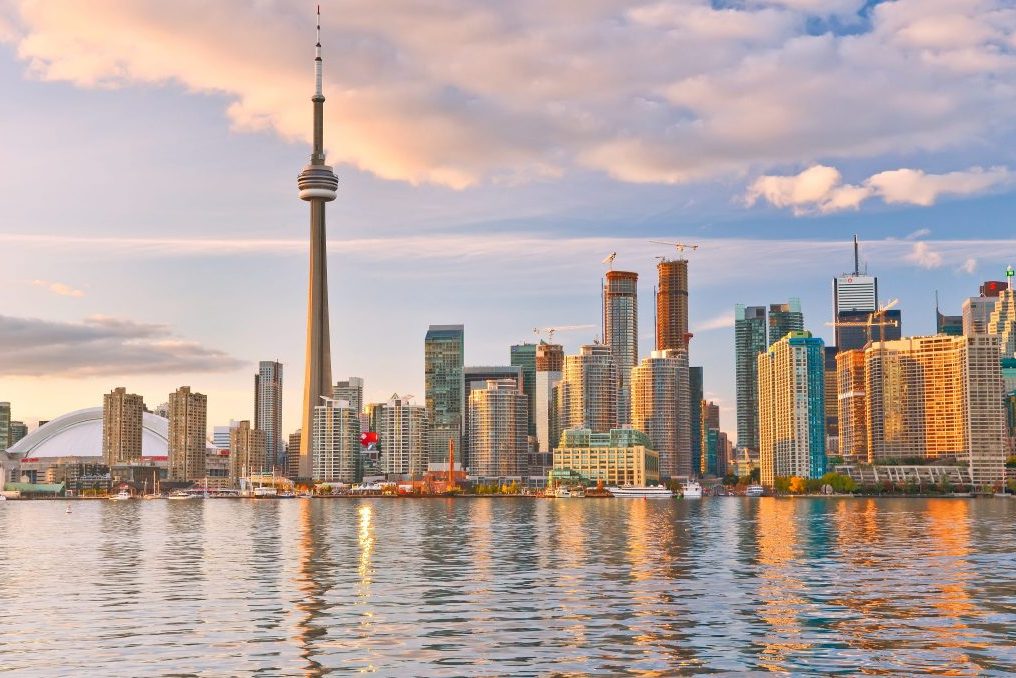Skift Take
Canada's draconian restrictions will likely ease in the coming weeks, but what they'll consist of and whether a clear reopening plan will come as fast as tourism officials want remain unclear.
Just two months ago, Canada was dealing with the harsh consequences of a vaccine misstep with lagging vaccination rates causing an ongoing air border closure with the U.S. Canada’s tourism groups then made a big ask of residents in light of the uncertainty, urging them to stay in Canada this summer and spend locally.
But the Tourism Industry Association of Canada, alongside tourism officials representing the country’s territorial and provincial destinations, is now putting the onus on the government, and asking decision makers to #OpenTheBorder with the U.S.
The campaign launched Tuesday just as reports emerged that the Canadian government plans to relax its quarantine restrictions for vaccinated travelers by June 22.
At a Canada press event on Tuesday, Tourism Industry Association of Canada Chairman David McKenna said that it was time for Canada to pivot into more forward-thinking policies as vaccinations are rising. At the same time, the government is speaking of decreasing aid to tourism businesses.
“If financial aid is going to decrease, then the border needs to reopen so that the businesses can go back to work and support themselves,” McKenna said, adding that the tourism industry’s reopening push was also based on the latest report from the government’s expert advisory panel on Covid 19 testing and screening.
The report recommended that changes be made to the border policy to reflect vaccination progress and also advises that the government hotel quarantine system be terminated. It even cites the U.S. Centers for Disease Control and Prevention’s approach to international travel as an example.
“We’re hearing more and more from elected officials that they are ready to open the border, that conversations are happening between the federal government and the provinces, and this is all really good news,” said Beth Potter, CEO of the Tourism Industry Association of Canada.
“But what we need is a plan in the end — we need to see what the timeline looks like to reopen so that the more than 225,000 businesses that make up our industry from coast to coast to coast can plan to be ready when the borders are open.”
An ideal reopening date would be within the next four to six weeks, Potter said.
North America’s major airline organizations, including the National Airlines Council of Canada and Airlines for America also recently called on the Canadian government to launch a clear reopening plan for Canada-US aviation, including exempt vaccinated passengers from quarantine.
Potter said that Canada’s $109 billion a year tourism industry is currently averaging about 50 percent of that and in some sectors the devastation is actually 90-100 percent of businesses that haven’t been opened and have already suffered from one lost summer of revenue.
The Tourism Industry Association of Canada is also launching an #OpenTheBorder website where citizens will be able to write into their local elected officials to advocate for a border reopening and let the government know that Canadians are ready to welcome back U.S. visitors.
Similar advocacy efforts for the reopening of the U.S.-UK corridor have sounded loudly this month. But it’s unclear whether tourism advocates eager crowds moving again will be able to sway the government officials while the threat of Covid variants continues to loom amid unequal, low global vaccination rates.
Meanwhile, U.S. web searches of Canadian destinations was up 140 percent in the last 60 days, according to Canada’s tourism industry association. “That really does support the idea that the U.S. is ready to travel to Canada again,” Potter said.
The Daily Newsletter
Our daily coverage of the global travel industry. Written by editors and analysts from across Skift’s brands.
Have a confidential tip for Skift? Get in touch
Tags: borders, canada, coronavirus recovery, reopening travel, tourism, vaccinations
Photo credit: Canada's air borders have been closed to the U.S. for well over a year. Javen / Adobe
